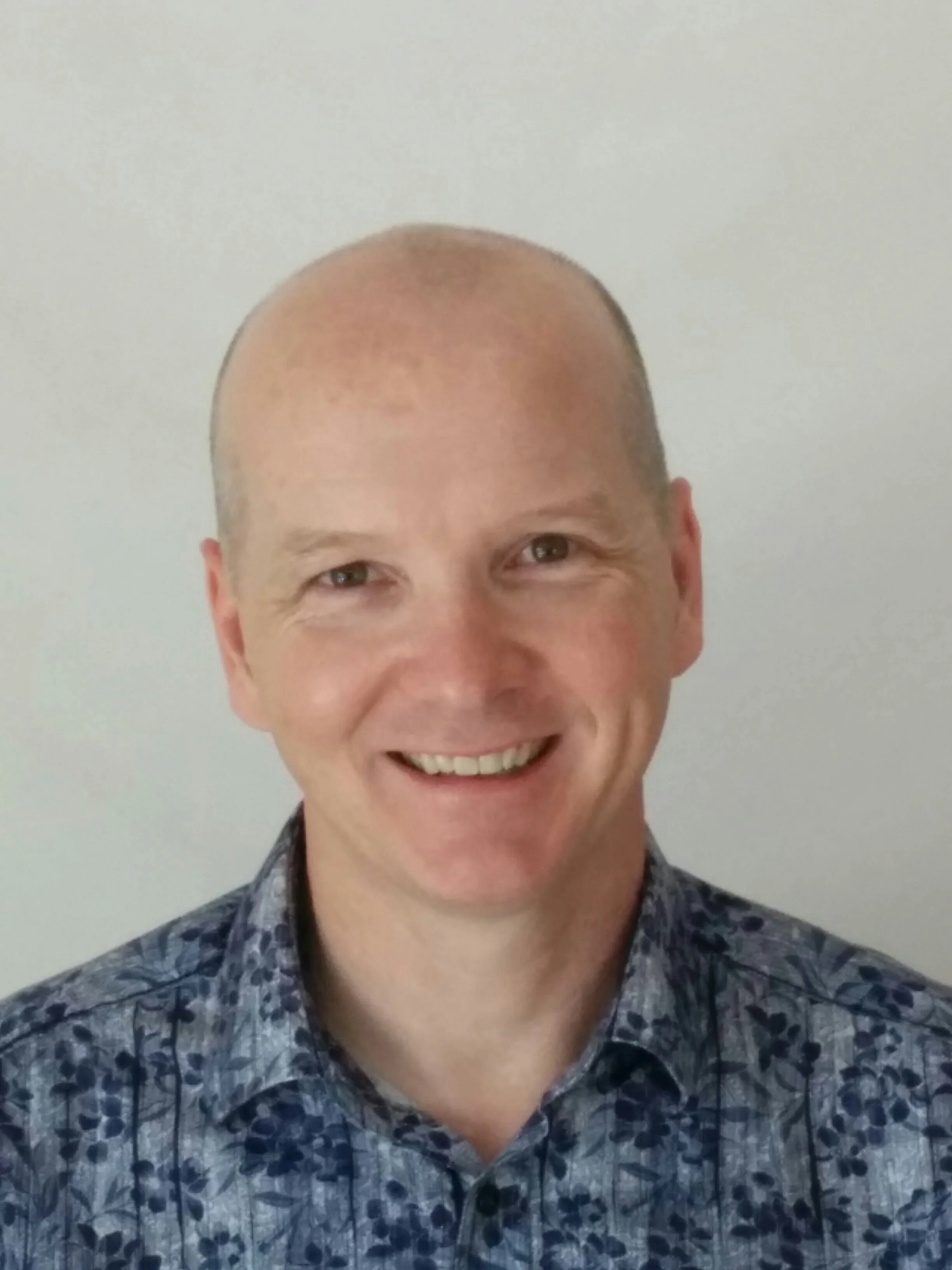WLP271 Helping the Environment and Society through Sustainable Remote Work
Today’s episode features a conversation recorded back in February 2020 between Pilar and returning guest John O’Duinn about how he’s helping the government in California to show how remote work can benefit the environment, and how he’s seen people experience the sudden transition to remote work.
John O’Duinn is the senior strategist at Civic Action, and he’s the author of Distributed Teams: The Art and Practice of Working Together While Physically Apart. He’s appeared in episodes WLP240 Beyond WFH: Remote Work and Socioeconomic Change and WLP244 Big Questions Without Answers: Education and Perception.
To start with, John explains why he’s working directly with government. Work is an integral part of our lives and identity, and many lost their jobs in 2020. John’s focusing on government because it’s such a large employer. Plus, citizens depend on government functioning well, even when offices are closed.
John shares an example of the complexity of what might seem like a simple change, like introducing digital signatures. In government and large organisations, many things are interlinked and so we are cautious of introducing a change in one area that might impact another area negatively.
Add to that the fact that “people dislike change and they dislike the way things are” and we can see how much time and work it takes to introduce new ways of working, even when we have no choice.
Change sometimes feels daunting, so it’s worth starting with changing one small thing at a time, understanding the effect and benefits, and then move on to fix the next thing. John explains how digital signatures were introduced in one area of local government, after trying to adapt the paper-based system to a pandemic environment.
”Is what we’re doing safe?” has been a common question when adopting technology under the pandemic.
13.40
John talks about his work scaling remote work in government in California and measuring its environmental value. John has been helping the government track the change in carbon emissions when introducing more remote work to reduce the commute, as emissions from cars mostly during peak hour contributes to +28% of emissions.
Other ways of reducing these emissions, like buying electric cars are not as efficient, especially in the short-term, as reducing traffic by people not commuting into work during rush hour. So helping government employees work effectively from home is one way of reducing carbon emissions. And tracking this change is part of what John is helping with.
The landscape in California is diverse - some areas have high population density, while others are much less so, with declining economies and houses that are difficult to sell. This reflects many other areas in the Western world.
There are still parts where people cannot find local jobs, which is why John is working with organisations creating local neighbourhood coworking spaces. These are great places to be able to work in professional environments and meet other people from your profession. This also helps attract people to less populated areas.
Once offices and coworking spaces open up, coworking spaces might be more attractive options to employees, as they might be able to avoid the commute while still being among familiar faces.
John also talks about why he’s released a second edition of his book Distributed Teams: The Art and Practice of Working Together While Physically Apart.
He’s added content around how the state of California is measuring the impact of telework on the environment - something that John is very proud of, to put something together like this during lockdown and then make it publicly available. He’s also added a section on how Vermont and other locations across the world are attracting remote workers. (You can hear John talking about this in episode WLP240. )
John ends the episode with a reminder to look after ourselves: a lot of the stress around our current work has more to do with the fact that there is a health, economic and in some places social crisis, that has little to do with where we go to work. Make sure you take time to look after yourselves, and help others when you can.
You can connect with John O’Duinn on LinkedIn, on Twitter and check out his website. www.oduinn.com/
If you like the podcast, you'll love our monthly round-up of inspirational content and ideas:
(AND right now you’ll get our brilliant new guide to leading through visible teamwork when you subscribe!)


